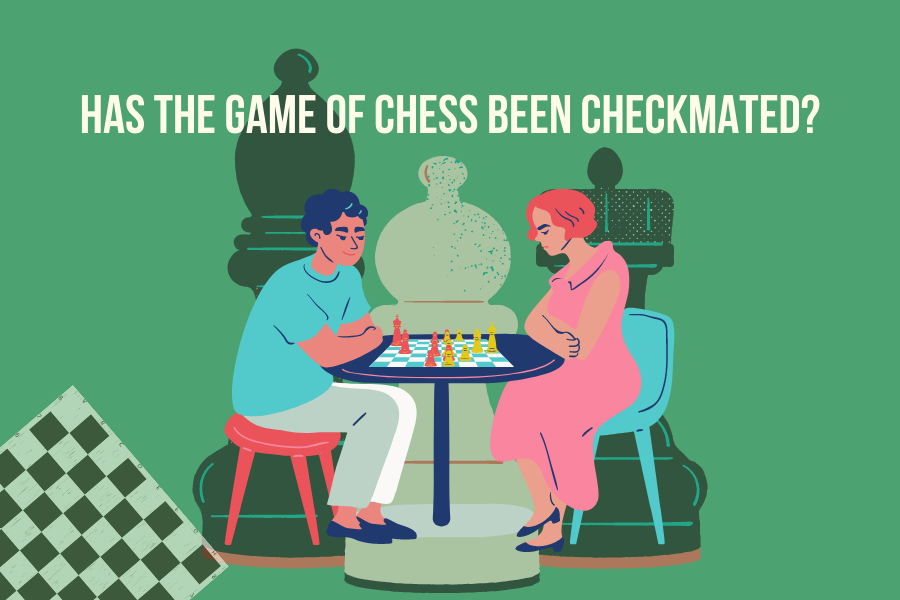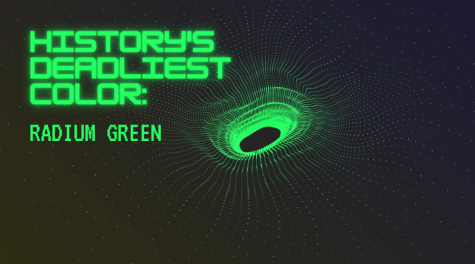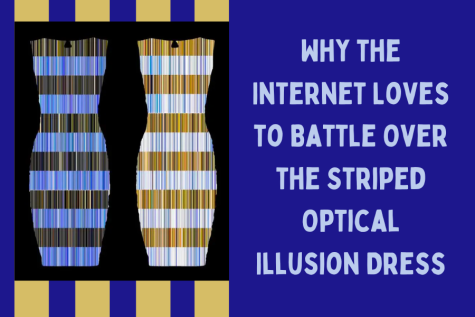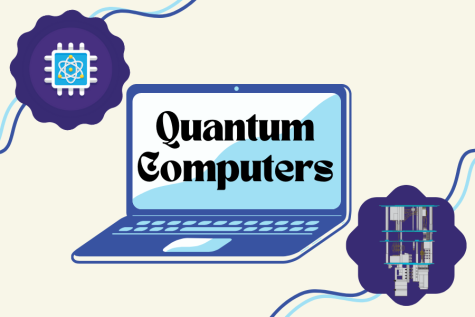Has the Game of Chess Been Checkmated?
Has the Game of Chess Been Checkmated?
In chess, there are more possible positions for two players to find themselves in than atoms in the observable universe. In the first four moves alone, 84 billion unique games can be played. Yet, computer algorithms have recently mastered the game to unimaginable levels. Technological advances have propelled computers’ success at chess despite their sustained inability to analyze every possible position, and the learning curves show no end in sight.
For over a century, people have been exploring the depths of chess, a board game revolving around strategy and tactics. Some players spend their whole lives immersed in the game’s complexities. However, over the past 50 years, the focus has skewed. In the latter half of the 20th century, scientists saw promise in artificial intelligence (AI) and its relationship with chess. In May of 1997, IBM created the first chess program to defeat a reigning chess champion in a six-game match. The IBM supercomputer, nicknamed “DeepBlue”, defeated Garry Kasparov 3-2 (with one draw).
Machine Learning
Machine learning is a facet of computer science that utilizes algorithms to allow models to learn automatically from data and experience. At the center of machine learning is the neural network. Neural networks were sculpted to mimic the human brain. They consist of many artificial neurons. These neurons are interconnected, and information passes between them. Depending on the data a neuron receives, it could light up, or it can remain dark. As inputs, such as the pieces on a chessboard, travel through the network, they get altered and transformed. This gives a device the ability to recognize patterns and make decisions.
A neural network, with algorithms like back-propagation, can analyze data to understand exactly which inputs are the most important and how neurons should react to stimuli. Even more applicable to chess, reinforcement learning is another method of teaching these networks. A reward system is implemented into the game. For example, a reward of 10 is given for a piece capture and 100 for a win. Then the program plays against itself countless times and attempts to maximize the reward it receives. Over many games, it understands what will put it in the best conditions for the greatest reward. Thus, a very powerful chess mind is created.
Current Advancements
Major improvements are still being made to chess AI. In 2017, Google DeepMind researchers developed “AlphaZero.” It learned the game by playing against itself and studying its successes and failures. Over many hours, AlphaZero became the most powerful chess mind of our time. In 2018, a controlled match took place between this model and Stockfish 8, which was considered the supreme algorithm by many people. After 1000 games, AlphaZero won 155 and lost only 6.
The playing style of AlphaZero had never really been seen, or in some circumstances, even considered in prior chess matches. This computer has absolutely no regard for the safety of its pieces and is especially keen on sacrificing pawns. Consequently, the model accomplishes incredible feats. In one game, AlphaZero locked Stockfish’s queen in “prison” on the corner of the board for tens of moves, completely removing its functionality. AlphaZero has mastered an ability to find situations like this all for the price of a bit of its chess material. However, the newer versions of Stockfish are no longer susceptible to AlphaZero’s attacks, but only because the newer, advanced models incorporate the teachings of AlphaZero. Neural networks continue to excel and are commonly used in chess algorithms since 2017. Thus, it’s safe to conclude that computers can now dominate the sport! The evolution is so far along that it is next to impossible for a human to win a game of chess when playing against one of these advanced models. Any tiny error and the chance of victory is gone.
Changes to the Game
The days of players staring at chess boards and analyzing positions have passed. Plugging positions into machines and having the evaluations returned in seconds, are here. Many believe this allows chess enthusiasts to learn more quickly and understand the game on a deeper level. However, some argue that the creativity of the game has been compromised. A large portion of chess has evolved into memorizing computer moves. There have been accounts of tournament players losing the first game in a match, but then memorizing a few computer moves during a break. Subsequently, in the second game, the exact same opening actions occur except for the memorized computer moves which then tip the advantage to the trailing player. The mindset of the modern chess player has been altered.
Phones and small mobile devices have also opened a door for an unfortunate development: cheating. A few chess competitors have been caught using their gadgets while playing. Additionally, when cheating is suspected, cheating allegations inevitably follow. One of the first was a claim that IBM’s DeepBlue won unfairly when playing the world champion Kasparov. Also, today’s top combatants sometimes accuse each other. During the 2004 world chess championship, a player suspected an opponent was using a computer while they were in the bathroom. This gave rise to an enormous confrontation.
Implications
Neural networks and machine learning can massively alter our everyday life. Algorithms have completely changed how the game of chess is being played and analyzed. After ten more years of research and development, it is conceivable that chess could change to degrees that took it almost a century before. Artificial intelligence keeps advancing, and there is no end in sight.
Works Cited:
Apgoucher. The neural network of the Stockfish chess engine. Complex Projective 4-Space. Published January 8, 2021. Accessed June 9, 2021. https://cp4space.hatsya.com/2021/01/08/the-neural-network-of-the-stockfish-chess-engine/
Błażej Osiński. What is reinforcement learning? The complete guide – deepsense.ai. deepsense.ai. Published July 5, 2018. Accessed June 9, 2021. https://deepsense.ai/what-is-reinforcement-learning-the-complete-guide/
Goodrich J. Full Page Reload. IEEE Spectrum: Technology, Engineering, and Science News. Published 2021. Accessed June 9, 2021. https://spectrum.ieee.org/the-institute/ieee-history/how-ibms-deep-blue-beat-world-champion-chess-player-garry-kasparov
Hercules A. How Many Chess Games Are Possible? This Will Blow Your Mind! – Hercules Chess. Hercules Chess. Published 2020. Accessed June 9, 2021. https://herculeschess.com/how-many-chess-games-are-possible/
McClain D. Bathroom Dispute Halts Chess Championship (Published 2006). The New York Times. https://www.nytimes.com/2006/09/30/crosswords/chess/30chess.html. Published 2021. Accessed June 9, 2021.
Pete. AlphaZero Crushes Stockfish In New 1,000-Game Match. Chess.com. Published April 17, 2019. Accessed June 9, 2021. https://www.chess.com/news/view/updated-alphazero-crushes-stockfish-in-new-1-000-game-match
Simonite T. AI Ruined Chess. Now, It’s Making the Game Beautiful Again. Wired. Published September 10, 2020. Accessed June 9, 2021. https://www.wired.com/story/ai-ruined-chess-now-making-game-beautiful/












